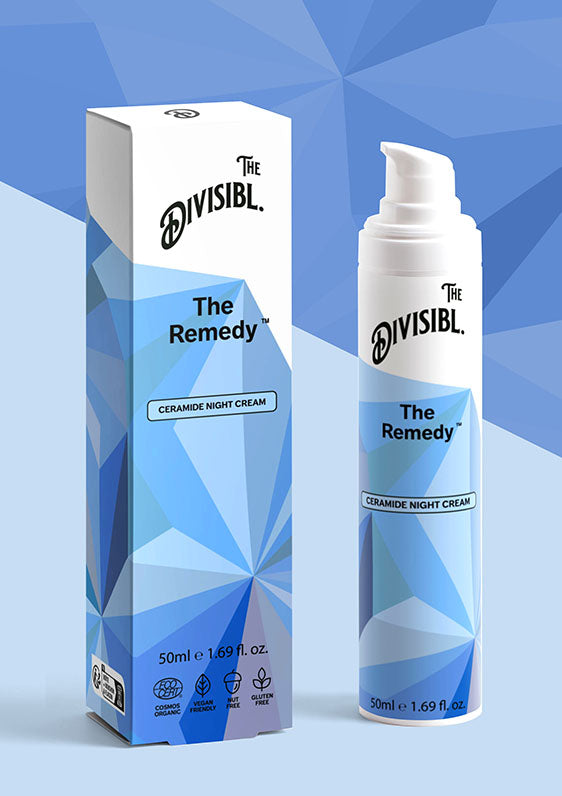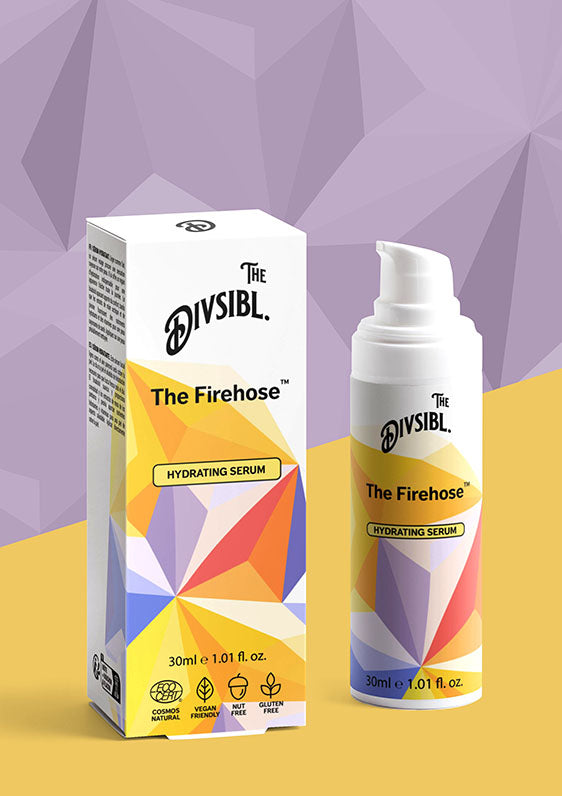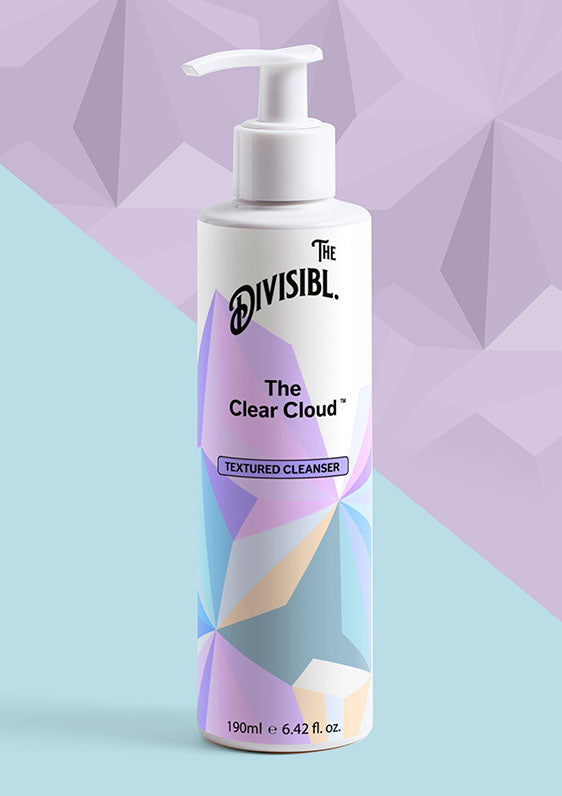Fragrance in skincare is one of the most polarizing topics in the beauty industry. Some people love the sensory experience of a beautifully scented moisturizer, while others avoid fragrance at all costs, fearing irritation or allergic reactions.
But fragrance is more than just a pleasant smell - it has psychological, emotional, and even physiological effects on how we experience skincare. It can enhance relaxation, trigger memories, and influence mood, but it can also cause sensitivity, disrupt the skin barrier, and lead to long-term irritation.
So, should fragrance be part of your skincare routine? Let’s unpack the science, the myths, and the impact of scent on your skin and mind.
The Psychology of Scent - Why Fragrance Matters
1. Scent & Emotion - The Brain-Skin Connection
Fragrance has a direct link to emotions through the olfactory system, which connects scent perception to the limbic system—the part of the brain responsible for memory, mood, and emotional responses.
According to research, certain scents can:
- Trigger nostalgia: the smell of vanilla may remind you of childhood.
- Enhance relaxation: lavender is known for its calming effects.
- Boost energy: citrus scents can create a sense of alertness.
This is why many skincare brands intentionally use fragrance to create a sensory experience that makes products feel more luxurious, soothing, or energizing. 
2. Fragrance & Ritual - How Scent Shapes Skincare Habits
The ritual of skincare is deeply tied to sensory pleasure. A beautifully scented cleanser or moisturizer can turn a routine into a moment of self-care, making people more likely to stick to their regimen.
"Fragrance can make skincare feel indulgent, encouraging consistency in routines."
Rachel Liverman, CEO of Glowbar
This is why many brands use signature scents to create recognizable, memorable experiences that keep customers coming back.
The Science of Fragrance in Skincare - What You Need to Know
1. Natural vs. Synthetic Fragrances - Is One Better?
Fragrance in skincare can be natural (essential oils, botanical extracts) or synthetic (lab-created aroma compounds).
- Natural fragrances can be potent but unpredictable, sometimes causing irritation due to high concentrations of allergens.
- Synthetic fragrances are more stable and controlled, but they may contain potentially irritating preservatives or alcohols.
"Fragrance can disrupt the skin’s pH balance, leading to irritation—especially in sensitive skin."
Dr. Annie Gonzalez, board-certified dermatologist
2. The Pros & Cons of Fragrance in Skincare
Pros:
✅ Enhances the sensory experience: makes skincare feel luxurious.
✅ Can have aromatherapy benefits: certain scents promote relaxation or energy.
✅ Masks unpleasant ingredient smells: some active ingredients have strong odors.
Cons:
❌ Can cause irritation: especially for sensitive skin or conditions like eczema.
❌ May contain allergens: some fragrance compounds trigger reactions.
❌ Can disrupt the skin barrier: certain alcohol-based fragrances dry out the skin.
How Fragrance Can Destroy Your Routine - The Risks of Scented Skincare
1. Skin Sensitivity & Allergic Reactions
Fragrance is one of the most common causes of skin irritation. Some people experience redness, itching, or breakouts after using scented products.
Dr. Howard Murad, skincare expert, warns:
"Fragrance can be a hidden irritant, even in products labeled for sensitive skin."
2. Long-Term Sensitization - Why Some Skin Reacts Over Time
Even if a product doesn’t cause immediate irritation, repeated exposure to fragrance can lead to sensitization - where the skin gradually becomes reactive to certain ingredients.
This is why fragrance-free skincare is often recommended for those with rosacea, eczema, or highly reactive skin.
How to Navigate Fragrance in Your Routine
1. Know Your Skin Type
- Sensitive skin? Opt for fragrance-free formulas.
- Normal skin? Light fragrance may be fine but avoid alcohol-heavy scents.
- Oily skin? Some citrus-based fragrances can help balance oil production.
2. Read Ingredient Labels
Look for terms like “parfum” or “fragrance”, which indicate added scent. If you see essential oils, check for potential allergens.
3. Patch Test New Products
Before using a scented product, apply a small amount to your wrist or behind your ear to check for irritation.
Fragrance in skincare is a double-edged sword - it can elevate your routine with sensory pleasure, but it can also cause irritation and disrupt skin health.
The key? Know your skin, read labels, and choose wisely. Whether you embrace fragrance or go fragrance-free, your skincare should work for you - not against you.
 Fragrance in Skincare Products: Should You Avoid It?
Fragrance in Skincare Products: Should You Avoid It?
 The Impact of Fragrance on Skincare: What You Need to Know – Nerd Skincare
The Impact of Fragrance on Skincare: What You Need to Know – Nerd Skincare







